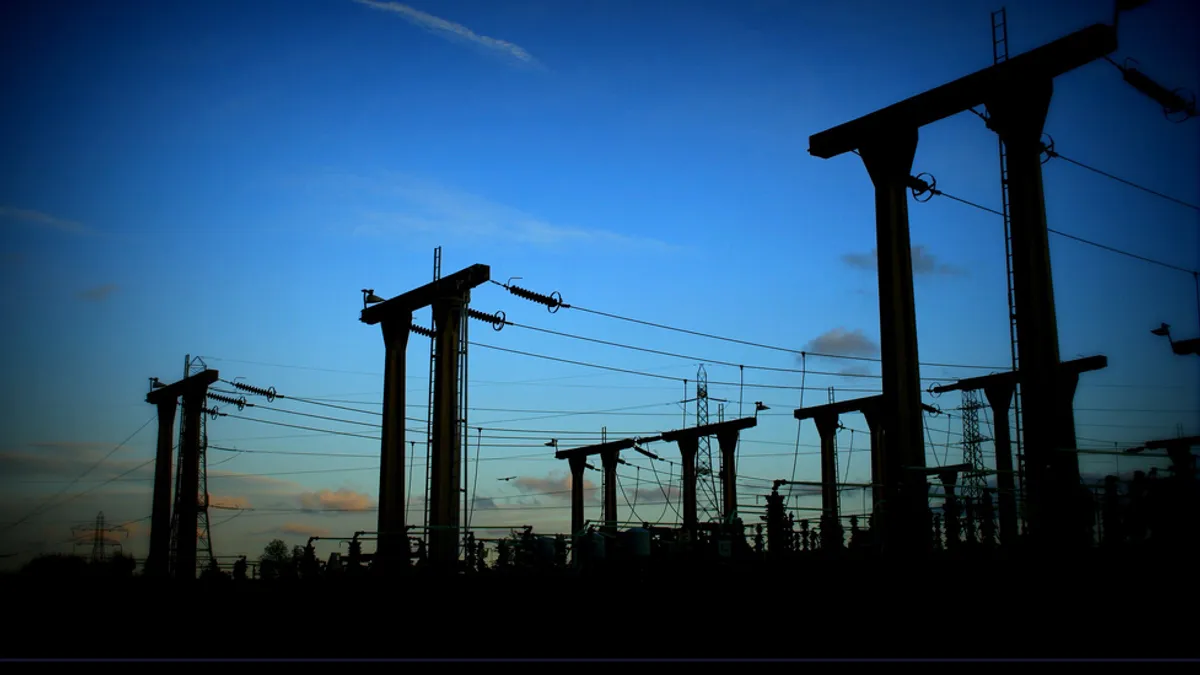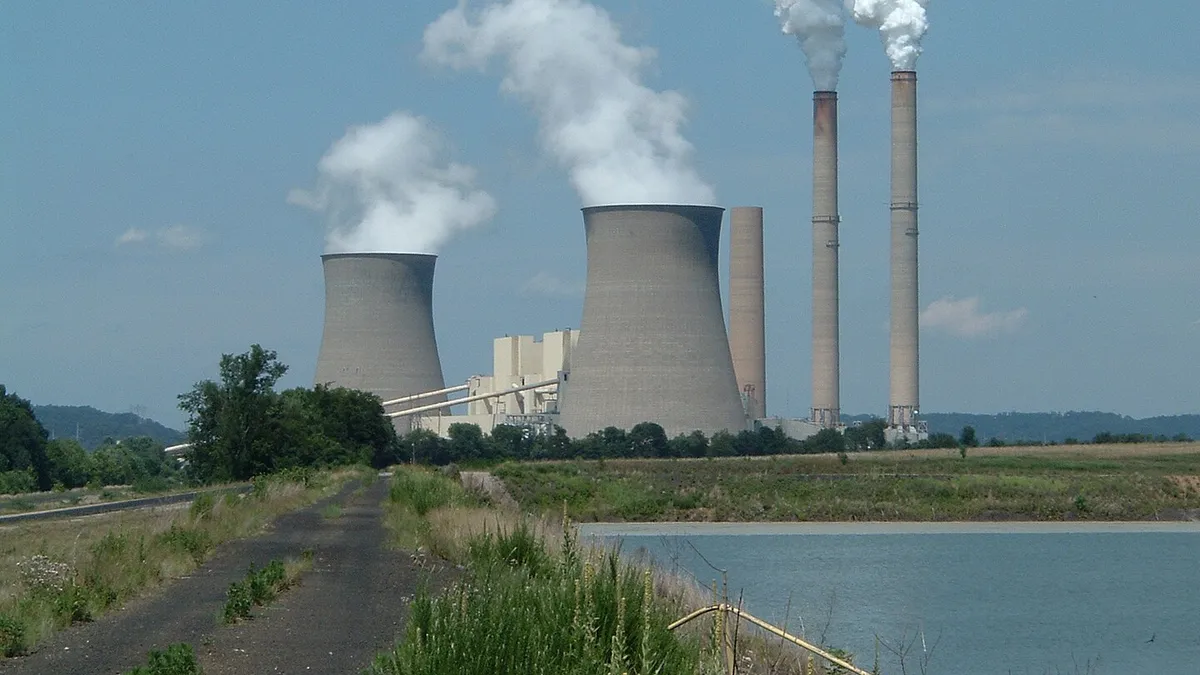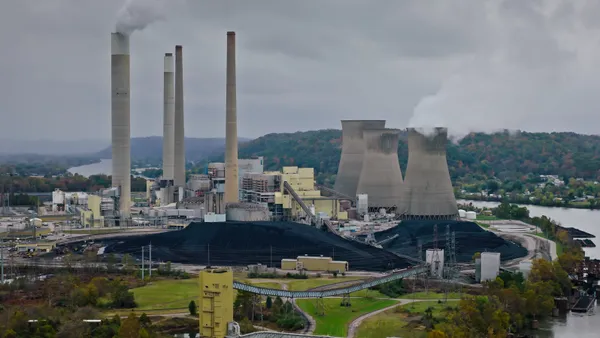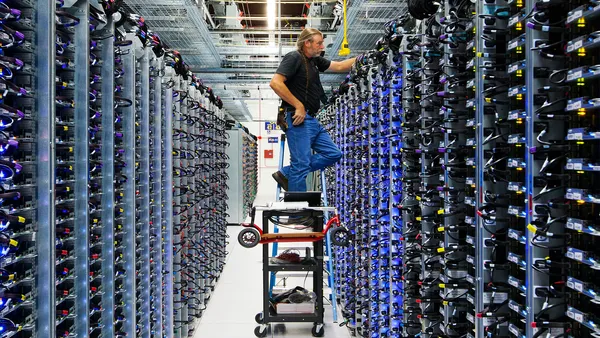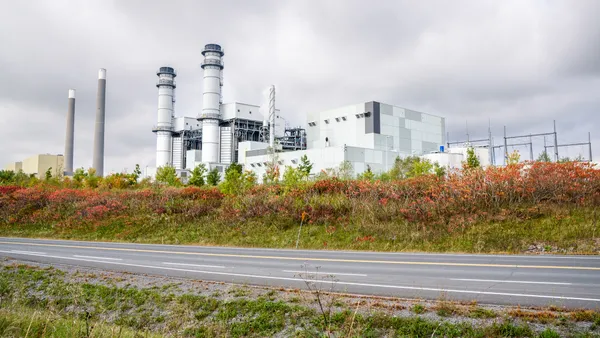Dive Brief:
- A new report by The Brattle Group concludes the Environmental Protection Agency's Clean Power Plan (CPP) allows for sufficient alternatives and is unlikely to significantly impact electricity reliability.
- The report was commissioned by the Advanced Energy Economy Institute and will be presented at the National Association of Regulatory Utility Commissioners’ winter meetings.
- Among the reasons reliability will remain sufficient, the report said, are the ongoing transformation of the modern power grid and steps already taken by grid operators.
Dive Insight:
The Brattle Group's analysis of concerns raised by the North American Electric Reliability Corporation ultimately found the CPP will offer sufficient compliance alternatives to not significantly threaten reliability.
“We find that the concerns raised by NERC about potential reliability issues arising from compliance with proposed carbon emissions standards are largely overstated,” said Jurgen Weiss, senior researcher and lead author of The Brattle Group report. “In its initial reliability review, NERC raised several concerns about the feasibility of achieving emissions standards with the technologies used to set the standards, but NERC did not address several mitigating factors."
Among those factors, Weiss said, are the impact of retiring older plants on emissions rates of the remaining fleet; various ways to address natural gas pipeline constraints; and evidence that that higher levels of variable renewable energy sources can be effectively managed.
"With the tools currently available for managing an electric power system that is already in flux, we think it unlikely that compliance with EPA carbon rules will have a significant impact on reliability," Weiss said.
The report concluded NERC did not sufficiently account for the ongoing transformation of the power sector, steps already taken by system operators, and the large and expanding set of technological and operational tools available to comply.
Hermina Morita, former chair of the Hawaii Public Utilities Commission, said the report provides an important counterbalance to NERC’s review and the concerns they raise about the Clean Power Plan.
“I think Hawaii’s experiences with increasing deployment of variable resources and energy efficiency measures, whose technical and economic challenges are amplified on isolated island grids, can give confidence to mainland system operators who are genuinely concerned about their responsibility for reliability,” Morita said. “As new technologies advance, new demand practices emerge, and customer focus becomes the norm, the culture of system operators must also evolve to take on these challenges to balance supply."



